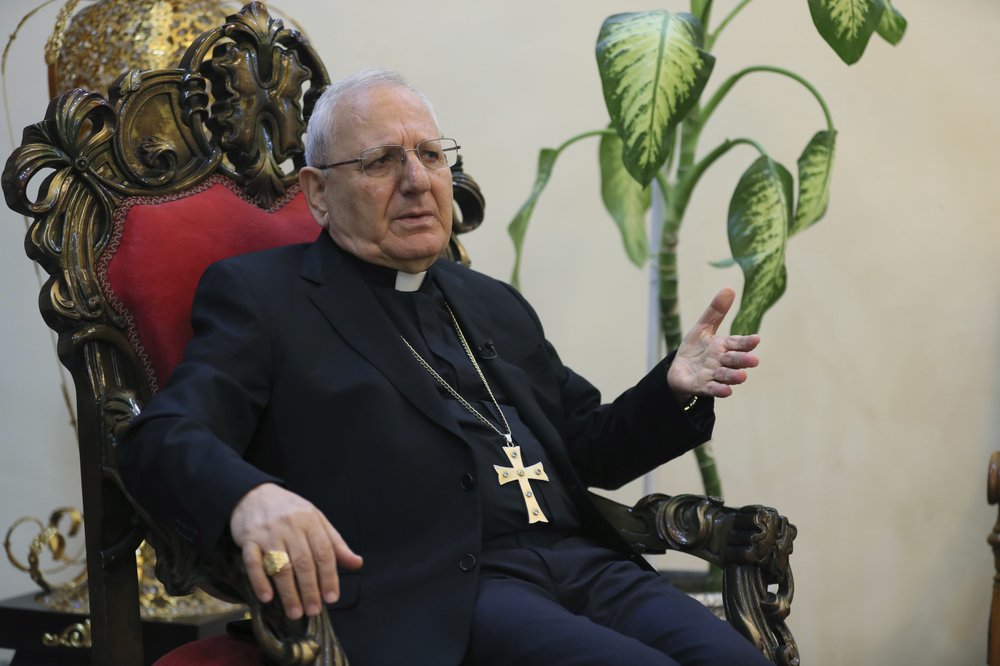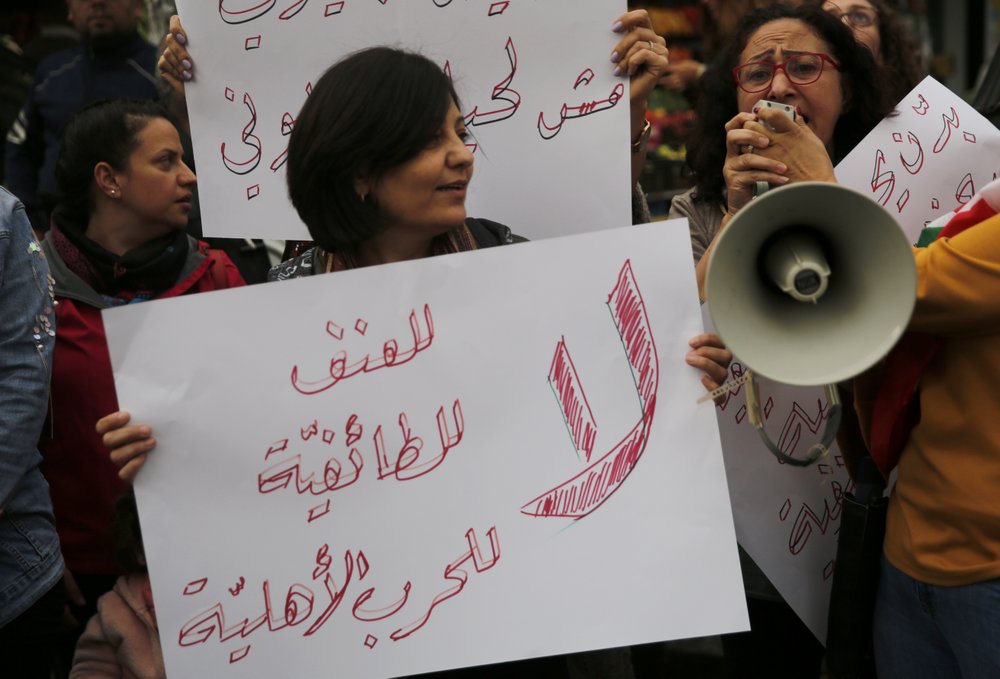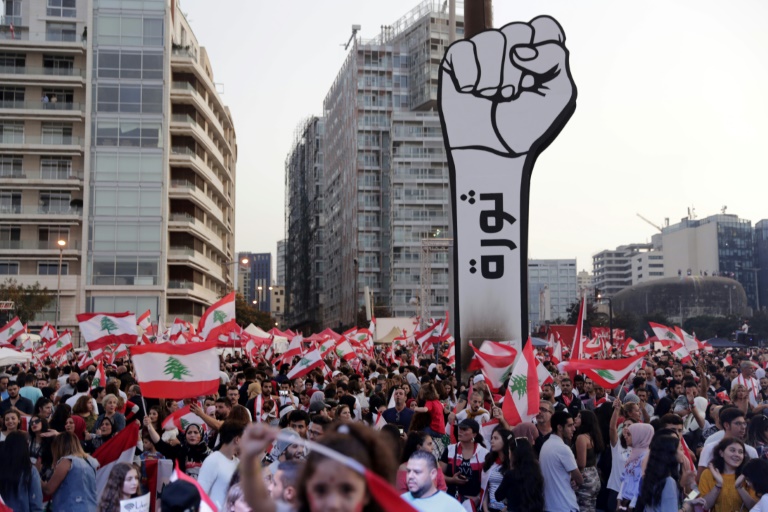Lawyers, human rights groups and relatives of the six victims of sectarian violence awaited a verdict on Sunday in the trial of the alleged culprits of the shootings that took place in early January–on the eve of Coptic Christmas–in the Upper Egyptian village of Naga Hammadi.
The verdict, however, never came. Instead, the trial was postponed to 16 May.
It has already been postponed twice, and the judge of Qena’s emergency criminal court announced that two members of the court panel were to be replaced, announcing the news names without notifying any of the lawyers. “This was unexpected. Usually such replacements occur during the break period and not while the case is still pending,” said Ishaq Ibrahim of the Egyptian Initiative for Personal Rights (EIPR), who was present at Sunday’s proceedings.
According to Ibrahim, the three defendants–Mohamed el-Kamouny, Qurashy Abul-Haggag and Hendawy Sayyid Hassan–all pleaded not guilty. In addition, one of the witnesses–who had previously confessed that he was with el-Kamouny in the car when the shooting happened–has withdrawn his statement. Considered the mastermind behind the incident, el-Kamouny had already served time for stabbing two people to death two years earlier.
The shooting, which happened behind a Naga Hammadi church following Christmas mass, was perpetrated by several men driving two cars, according to eyewitnesses. They fired their weapons from the car without stopping, killing six Christian deacons and a Muslim church guard and wounding several others. The incident was the bloodiest in the history of the small Upper Egyptian town and sparked riots that later led to sweeping arrest campaigns and curfews.
It also prompted President Hosni Mubarak, who attributed the affair to the rise of fundamentalism and intolerance, to mention the incident on air and urge Egyptians to stand united.
On Sunday, however, the witness changed his statement, claiming they had been made “under pressure and as a result of police torture,” said Ibrahim. According to the EIPR monitor, the witness also accused police officer Ahmed Hegazy of violently extracting the confessions. The judge has summoned Hegazy “for discussions,” said Ibrahim.
“It seems we have reached point zero all over again,” Ibrahim noted. “The families have spoken to me and they’re furious and disappointed. And they fear that postponing the trial means that justice will be forgotten and that the culprits will not pay heavily as they should for their crimes.”
The official story of the arrests, according to state-run newspapers, was that the three men, all residents of Naga Hammadi, had turned themselves in, emerging from their hideout in a field after being surrounded by police forces. The alleged murderers were reportedly frustrated with local villagers’ unwillingness to assist them in their escape.
Following the trial, an argument erupted between Nabil el-Wahsh, el-Kamouny’s defense lawyer, and George Fahmy, who represents the six Coptic Christian victims. El-Wahsh reportedly shouted at Fahmy that “el-Kamouny is innocent. It’s the governor (of Qena) who should stand trial.” Neither lawyers could be reached for comment.
A day earlier, also in Qena, the trial of a Christian man charged with raping a 14-year-old Muslim girl in the town of Farshout was also in session. The alleged incident happened in November 2009 and has led to considerable unrest in the small town, located not far from Naga Hammadi. Christian shops were burned and houses looted and attacked.
According to the Interior Ministry, it was this incident that led to the Naga Hammadi shootings–although many Christians reject this explanation.
This trial, too, was postponed and the panel of judges may also be changed based on a request by defense lawyers who believe the current panel is biased against the defendant, according to Ishaq, who attended this trial as well.
Egypt




